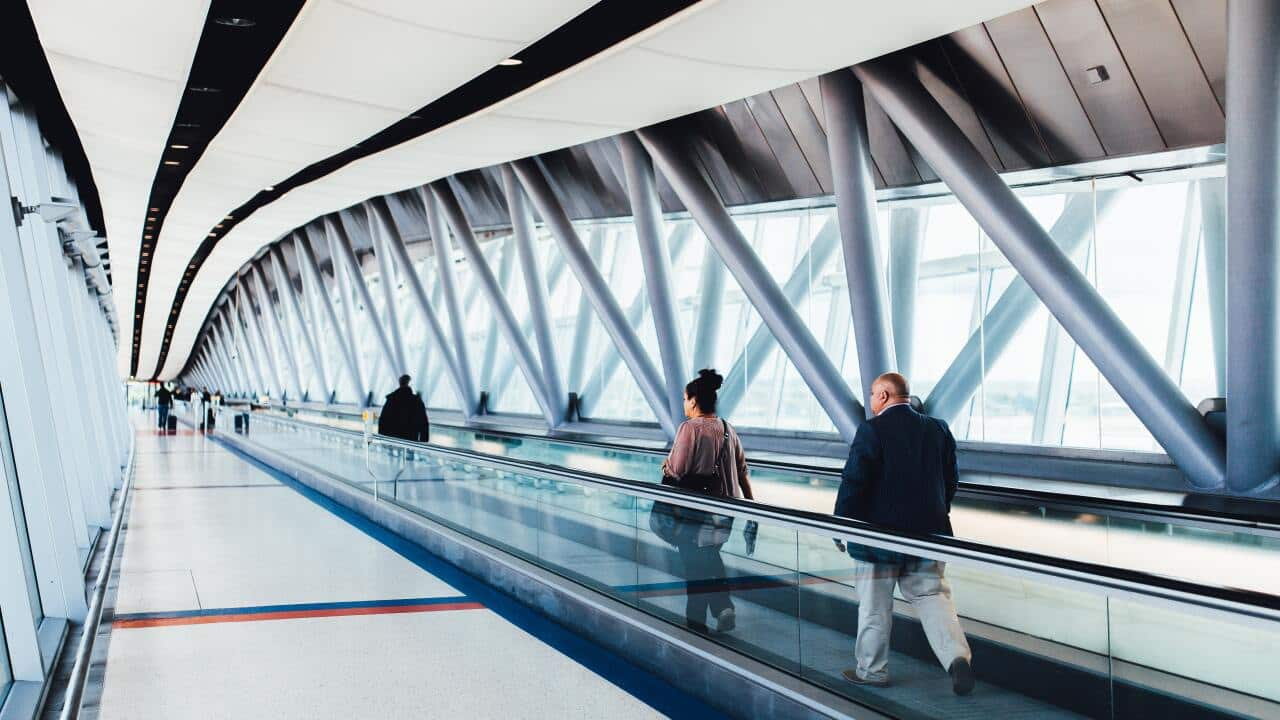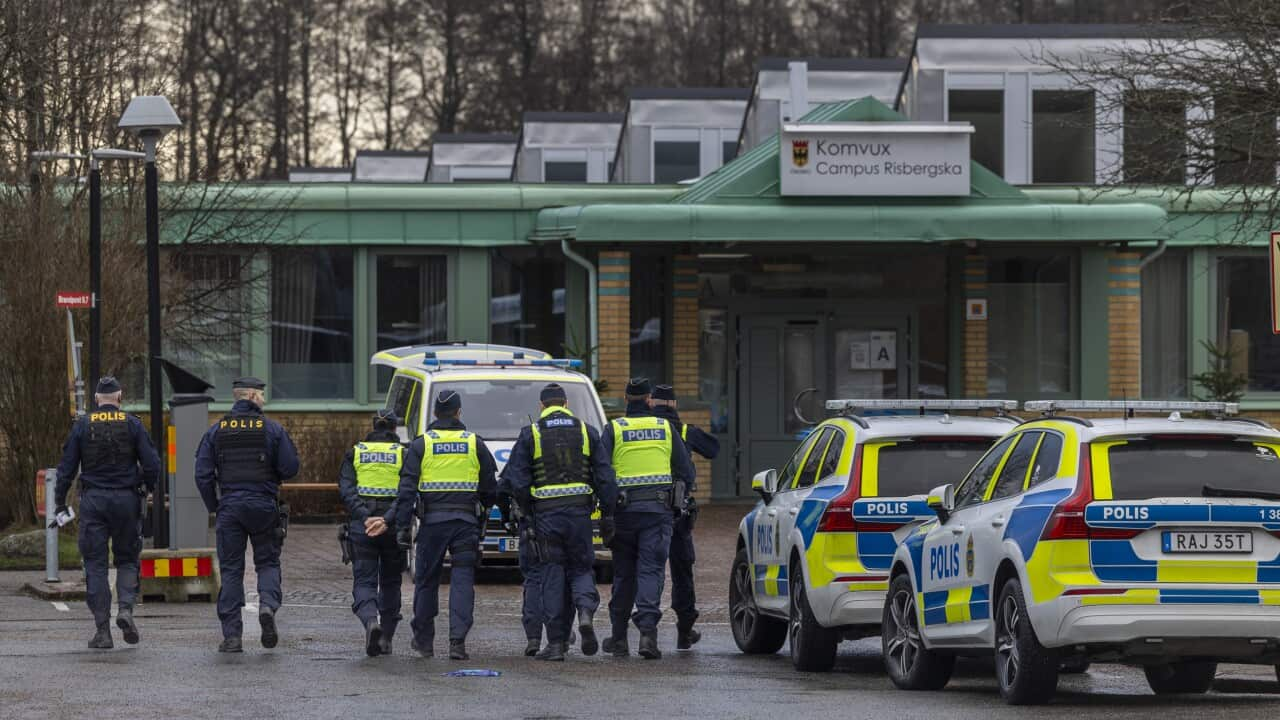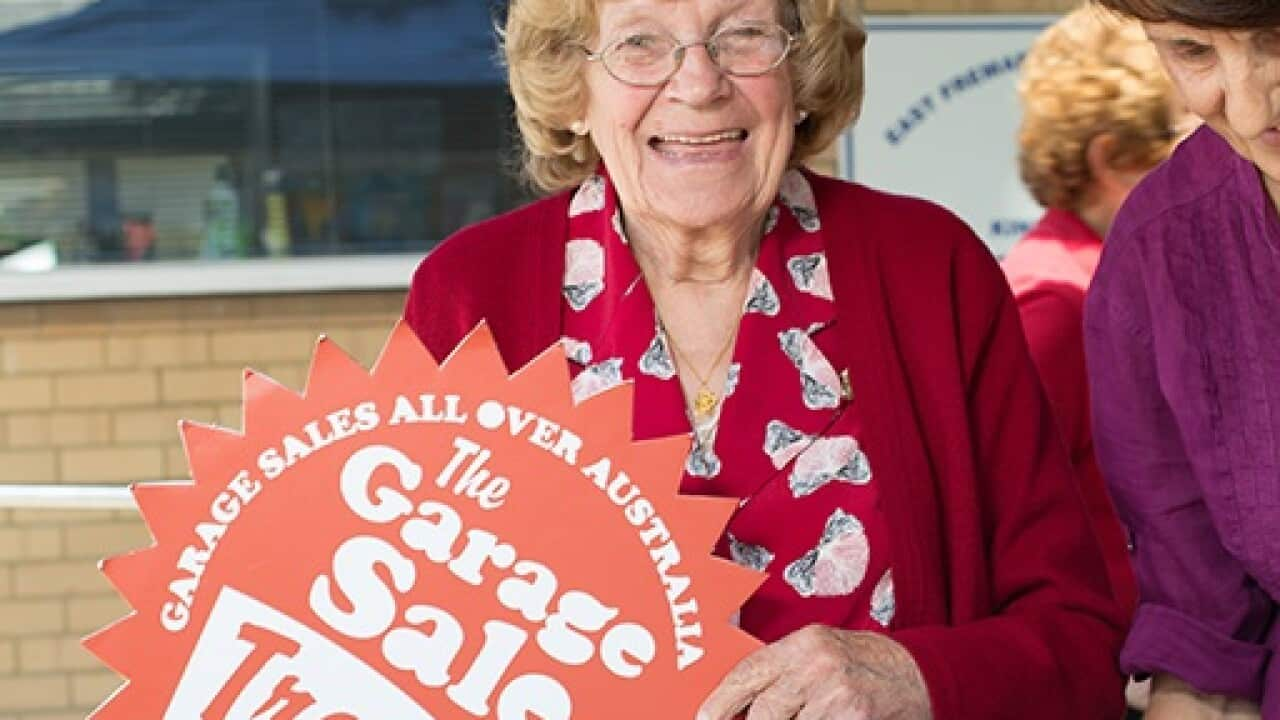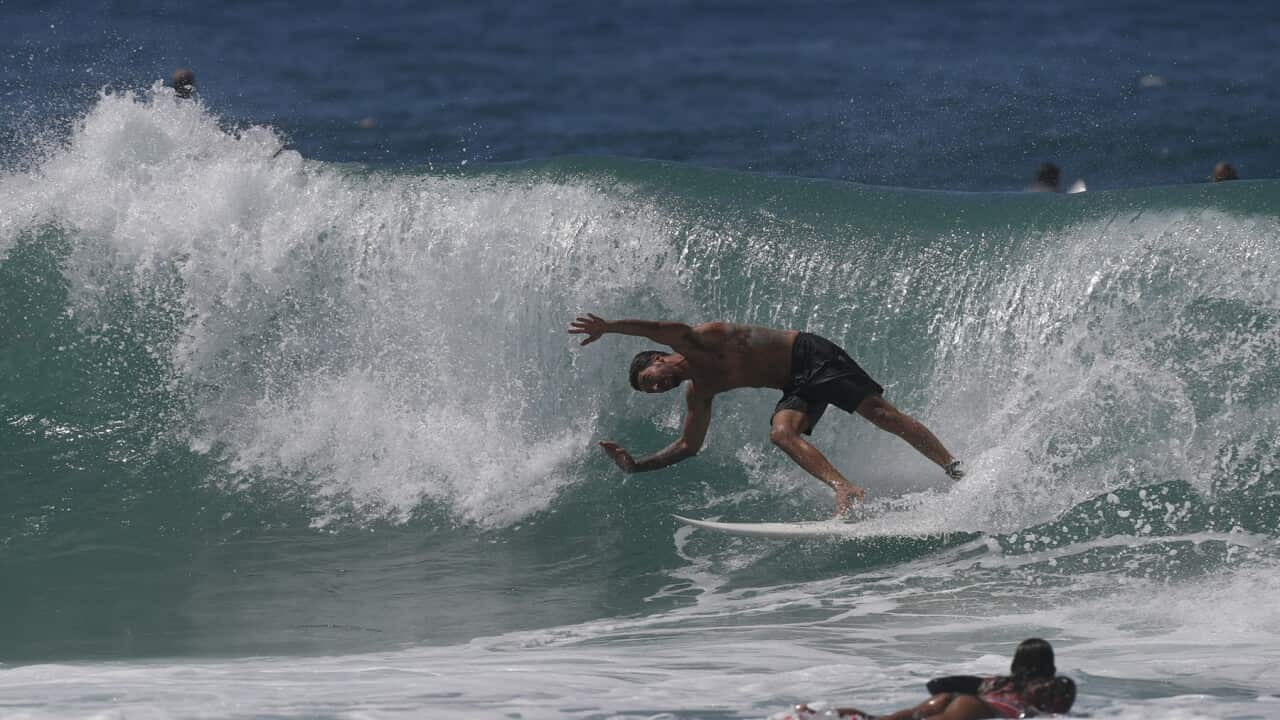In March, Australia closed its borders internationally and banned citizens from travelling overseas.
Only people with special exceptions can do so, including if travel is part of the COVID-19 response, if urgent medical treatment is unavailable in Australia, or is in the national interest.
But obtaining an exemption is far from easy.
Ilaria De Fusco and Cristiana Palmieri are double citizens. They created a Facebook group to oppose the current ban on overseas travel, criticising the lack of transparency in the way exemptions are granted or refused.
They both have family in Italy, but Cristiana stresses she is not only acting because of her personal circumstances, she is also concerned about the impact on freedom of movement and civil rights.
Moreover, they think an efficient quarantine system should be enough to protect Australia's public health from the risk of contagion posed by returning travellers.
Listen to the audio (in Italian) for the full story:
LISTEN TO

Why is the ban on overseas travel criticised?
SBS Italian
19/08/202012:45
Metropolitan Melbourne residents are subject to Stage 4 restrictions and must comply with a curfew between the hours of 8pm and 5am. During the curfew, people in Melbourne can only leave their house for work, and essential health, care or safety reasons.
Between 5am and 8pm, people in Melbourne can leave the home for exercise, to shop for necessary goods and services, for work, for health care, or to care for a sick or elderly relative. The full list of restrictions can be found here. All Victorians must wear a face covering when they leave home, no matter where they live.
People in Australia must stay at least 1.5 metres away from others. Check your state’s restrictions on gathering limits.
If you are experiencing cold or flu symptoms, stay home and arrange a test by calling your doctor or contact the Coronavirus Health Information Hotline on 1800 020 080. News and information is available in 63 languages at




